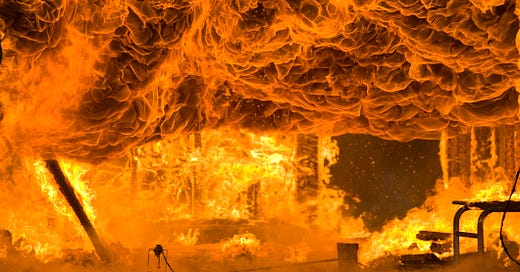Every two weeks (and sometimes more), I am publishing work from an emerging writer. This week, an essay from Clarie Gor. Clarie is a Kenyan writer and journalist. She is currently creating work that centers Black women and feminisms; that is an exploration of the various dynamics of violence; and the possibilities in collective imagination and conversat…
© 2025 Roxane Gay
Substack is the home for great culture




